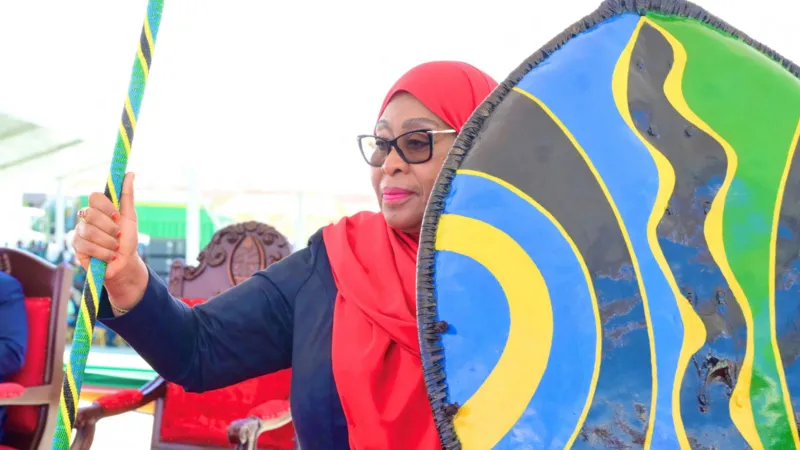
Tanzanian police have lifted the night-time curfew imposed on Dar es Salaam after deadly protests over last Wednesday’s election, with daily life beginning to resume across the country.
The internet blackout has eased, some shops have reopened and traffic is returning, though queues persisted at several fuel stations on Tuesday. Many businesses had shuttered, schools closed and public transport halted during days of turmoil marked by shortages and price spikes.
Families are still searching for loved ones or burying relatives after clashes between security forces and opposition supporters who rejected the vote as fraudulent. A doctor at Muhimbili Hospital told the BBC that vehicles marked “Municipal Burial Services” collected bodies at night, alleging families were being denied access and some wounded patients were removed by police. The government has not released casualty figures.
President Samia Suluhu Hassan was sworn in on Monday after being declared the winner with 98% of the vote. A preliminary assessment by the Southern African Development Community (SADC) said the election fell short of democratic standards. Two key opposition figures did not appear on the ballot: Tundu Lissu is in custody on treason charges he denies, and Luhaga Mpina’s candidacy was rejected on technical grounds.
Chadema party officials told AFP they had recorded “no less than 800” deaths by Saturday; a diplomatic source in Tanzania told the BBC there was credible evidence of at least 500. The U.N. human rights office earlier cited credible reports of at least 10 deaths in three cities.
Human Rights Watch accused authorities of using lethal force and other abuses to quell protests, while Amnesty International said it was alarmed by excessive force that resulted in deaths and injuries. The government has played down the scale of violence and blamed foreign nationals for fomenting unrest.
During her inauguration, President Samia acknowledged “loss of lives and destruction of public property,” adding it was “not surprising” that some detainees were foreigners. Samia, Tanzania’s first female president, first assumed office in 2021 after the death of John Magufuli. Initially lauded for easing repression, her government has since faced criticism for narrowing political space.
